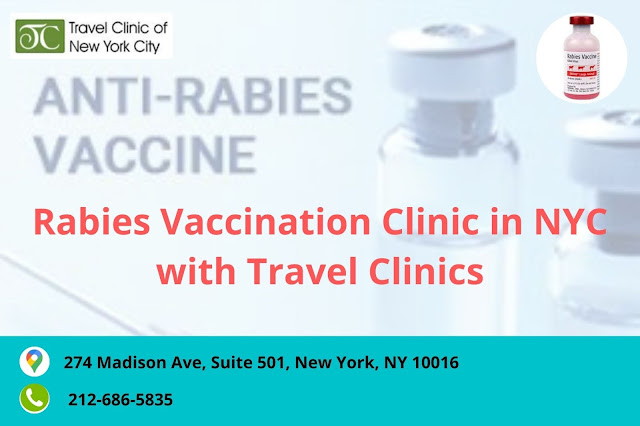Polio or poliomyelitis is a serious disease caused by the poliovirus. This infection affects the throat and intestinal tract and can be life-threatening. Although this disease is incurable, it can be prevented with proper immunization. The timely administered polio vaccine in New York City and all across America since the mid-1950s has helped eradicate the disease from the US. However, some developing countries are still severely affected by the widespread; hence, the importance of getting vaccinated in childhood is stressed upon by healthcare professionals.
Who Needs Polio
Vaccine?
Polio vaccine is
mandated for all children before they can start school. Hence, the 4-dose
schedule usually begins at two months, then at four months, 6-18 months, and
finally between 4 to 6 years. In the areas where polio cases are the lowest,
the vaccine can be administered as a stand-alone shot, or as part of a
combination with other important immunizations.
Adults, on the other
hand, need to polio vaccine in NYC if they weren’t vaccinated during
childhood. Apart from this, adults are at risk of infection in case:
- They work with individuals
carrying poliovirus.
- Are traveling to the
high-risk regions.
- Are employed in the
healthcare industry treating polio patients.
Who Should Not Get Vaccinated?
The CDC recommends
that every patient must carefully record any side effects from previous vaccine
dosages before scheduling the next vaccine shot. Any allergic reaction must be
immediately reported to your healthcare provider to contain the reaction.
Moreover, avoid getting a polio vaccine in New York if you’re feeling
unwell. Infectious strains such as flu can trigger a reaction or hinder the
effect of the vaccine. Thus, it’s advised to postpone the polio vaccine unless
you’re in perfect health.
Lastly, pregnant women are suggested to avoid getting a polio vaccine unless under immediate risk of contracting the poliovirus.
Hence, all children
and adults living or traveling to a high-risk region should schedule to get
vaccinated for polio with the Travel Clinic of NYC. We provide complete
immunization information and related travel medicine before leaving NYC.
Contact our office to book your vaccine today.






















